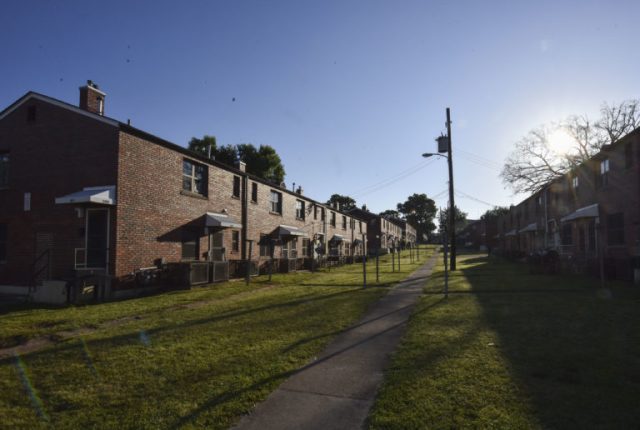
The University of Alabama at Birmingham will lead a community-based research study funded by the National Institutes of Health to examine how specific modifications of housing and neighborhood conditions affect health outcomes.
In collaboration with the Housing Authority of the Birmingham District, the City of Birmingham, and multiple organizations and stakeholders, the $3.7 million Housing, Environment, And Living Conditions for Transformed Health (HEALTHe Birmingham) study will measure the health impacts and cost-effectiveness of different types of improvements such as public housing renovations, neighborhood improvements and indoor air purification.

Gabriela Oates, Ph.D., associate professor in the University of Alabama at Birmingham Marnix E. Heersink School of Medicine, will serve as the principal investigator, along with Lori Bateman, Ph.D., assistant professor at UAB, multiple principal investigator.
“The disparities in lung disease and other chronic conditions between residents of public housing and the general population are profound, and the resulting human and economic burden is extraordinary,” Oates said. “This is a once-in-a-generation opportunity to determine the effectiveness of large-scale initiatives in reducing these disparities.”
HEALTHe Birmingham will assess the health effects of public housing and neighborhood revitalization sponsored by the federally funded Choice Neighborhood Initiative and will conduct a prospective trial on improved indoor air quality in public housing communities with various levels of environmental contamination.
This research will determine the extent to which public housing renovations and improvements of the neighborhoods’ physical and social environments benefit lung health and reduce chronic disease risk. Results could impact public health policy and inform future initiatives to reduce health disparities.
“Millions of dollars are invested in public housing revitalization each year, yet few studies have measured the impacts of these improvements on residents’ health and disease risk,” Bateman said. “This study is an opportunity to do that.”
“We are looking forward to working with residents and community partners during every phase of this project,” Bateman said.
Residents of the Southtown Court, Smithfield Court, Elyton Village and Collegeville Center public housing communities and residents of the Smithfield, College Hills and Graymont neighborhoods will be involved in the study.
Oates says she is honored to be the principal investigator for this research, which is a culmination of decades-long work at UAB in cultivating community trust and building partnerships for sustainable changes that advance health equity.
“This project would not be possible without our communities, organizational partners, and the infrastructure of the UAB Lung Health Center and the UAB Minority Health and Health Equity Research Center,” Oates said.
HEALTHe Birmingham is one of only three U01 awards that the NIH funded nationally for transformative health disparities research.




